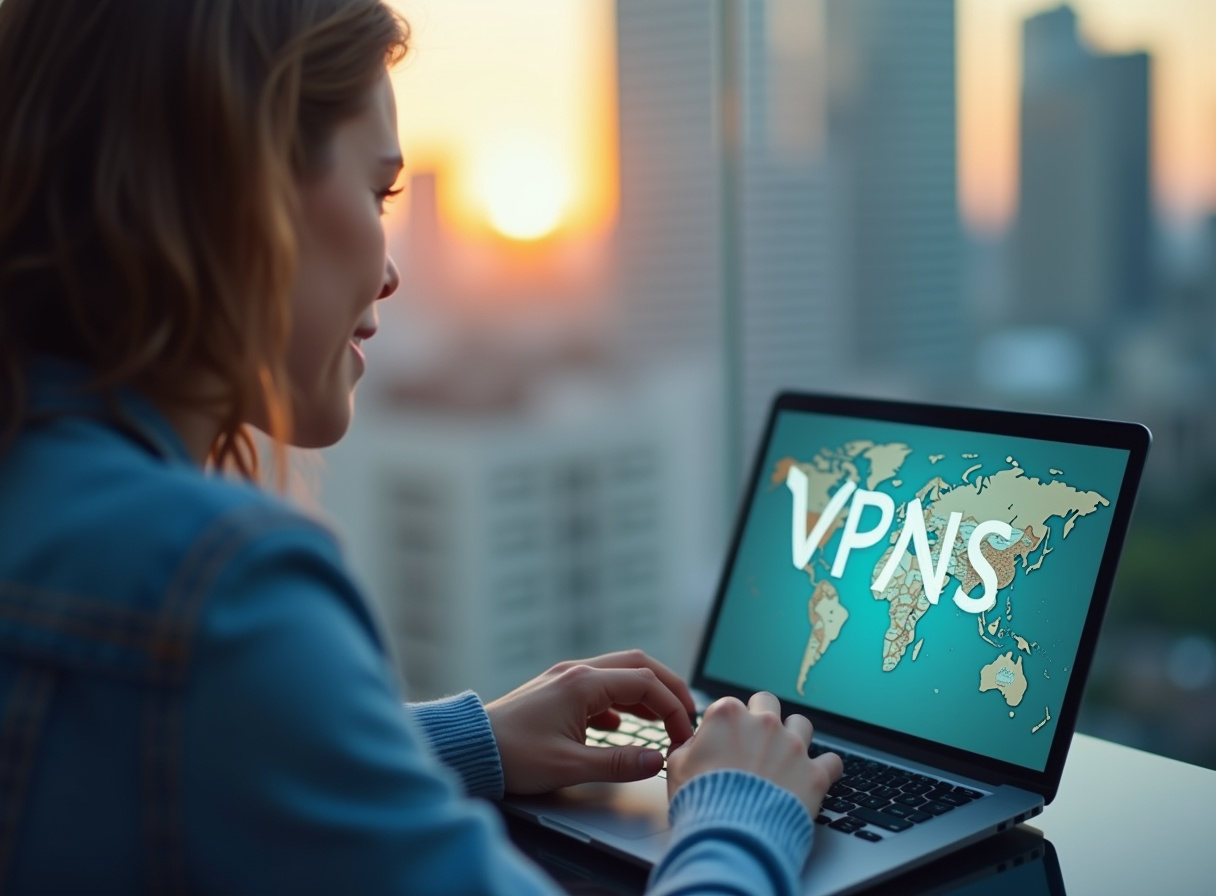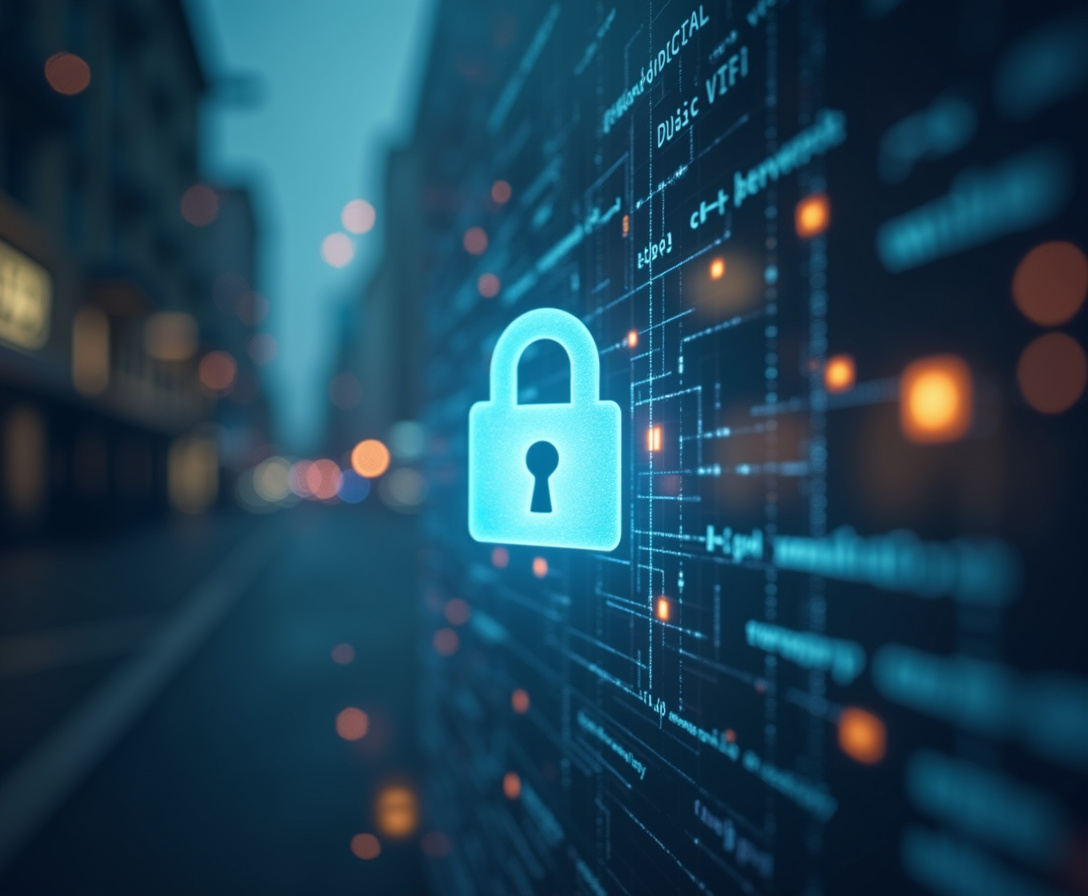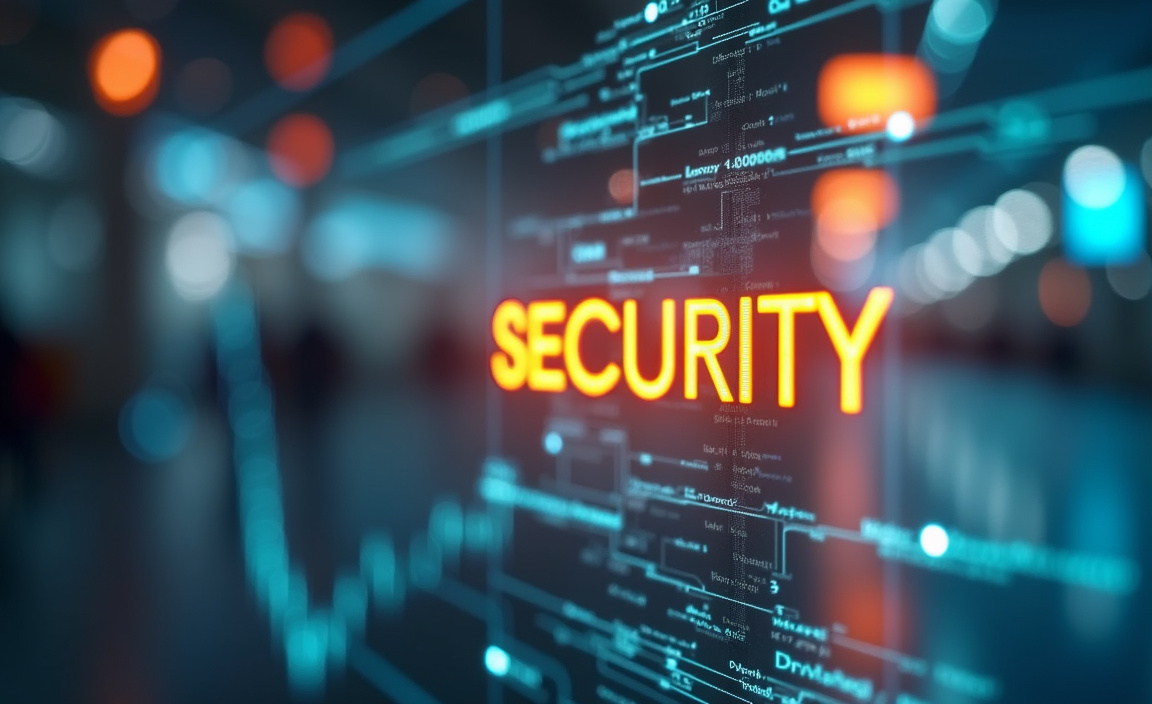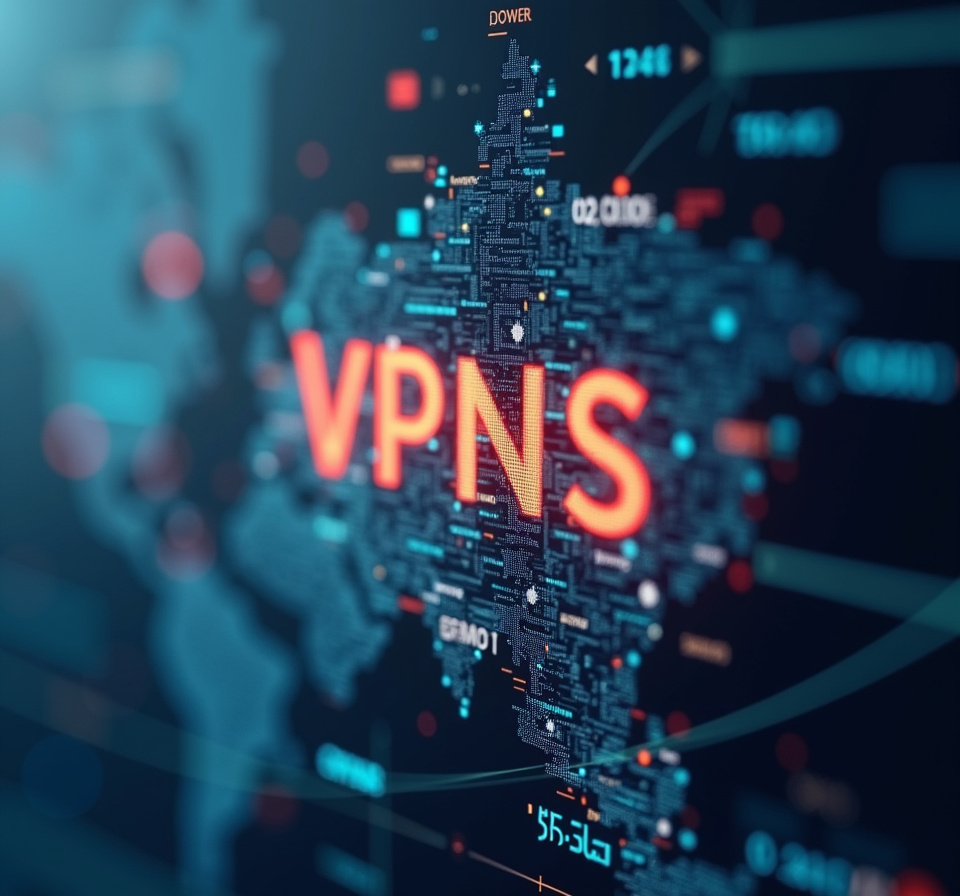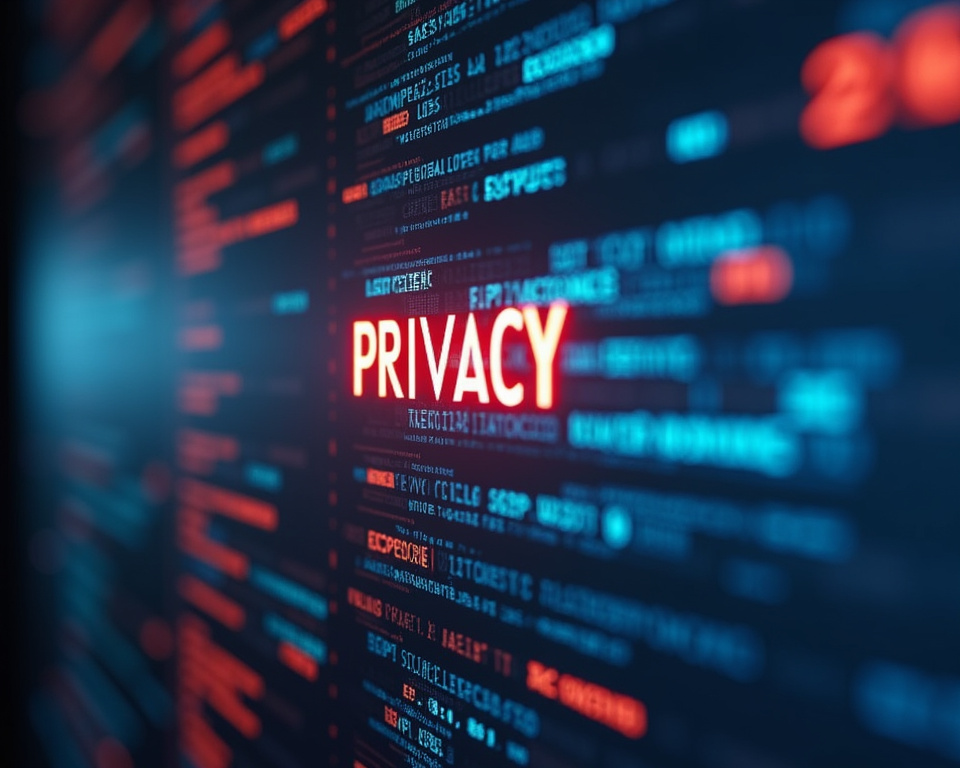VPNs for Travel Bloggers: Ensuring Content Security

Table of Contents
content security
In the dynamic world of travel blogging, where captivating stories and stunning visuals reign supreme, the need for robust online security often gets overshadowed by the allure of exotic locales and exhilarating adventures. However, for travel bloggers, especially those who are constantly on the move, is not merely a nice-to-have feature, but a critical necessity for protecting their intellectual property, maintaining their online reputation, and ensuring the privacy of their personal and professional data. A Virtual Private Network (VPN) emerges as a powerful tool in this context, acting as a digital shield against the myriad threats that lurk in the online landscape.
For travel bloggers, a specifically designed for their unique needs can be the difference between seamless content creation and devastating data breaches or online harassment. The digital age has ushered in an era where our online activities are constantly monitored, and our personal data is vulnerable to exploitation. This is especially true for travel bloggers who are often accessing the internet through public Wi-Fi hotspots in airports, hotels, and cafes – environments notorious for their lack of security.
Hackers can easily intercept sensitive information transmitted over these networks, including passwords, financial details, and private communications. This vulnerability not only puts the blogger's personal data at risk but also jeopardizes the security of their blog and its content. A VPN creates a secure, encrypted tunnel for your internet traffic, effectively masking your IP address and making it virtually impossible for anyone to snoop on your online activities.
This encryption process scrambles the data being transmitted, rendering it unreadable to unauthorized parties. By using a VPN, travel bloggers can confidently access public Wi-Fi networks without worrying about their data being intercepted by hackers. Beyond data encryption, a VPN offers a suite of other security features that are essential for travel bloggers.
One of the most important is IP address masking, which allows you to connect to the internet through a server located in a different country. This can be particularly useful for accessing geo-restricted content, such as websites or streaming services that are only available in certain regions. For example, if you are traveling in a country where a particular social media platform is blocked, you can use a VPN to connect to a server in a country where the platform is accessible, allowing you to stay connected with your audience.
Furthermore, a VPN can help you circumvent censorship and protect your freedom of speech. In some countries, governments actively monitor and censor internet content, blocking access to websites and social media platforms that are deemed critical or subversive. By using a VPN, travel bloggers can bypass these restrictions and access information freely, ensuring that they can continue to share their experiences and perspectives with the world.
This is particularly important for bloggers who cover sensitive topics or travel to politically unstable regions. The ability to access and share information without fear of censorship is crucial for maintaining their integrity and credibility. The usefulness goes beyond mere access control; VPNs provide a vital layer of anonymity.
For travel bloggers, who often share personal experiences and insights, maintaining a degree of anonymity can be crucial for protecting themselves from online harassment or stalking. By masking their IP address and location, VPNs make it more difficult for individuals to track their online activities and identify their physical location. This anonymity allows bloggers to express themselves freely without fear of retribution.
The advantages of using a become even more apparent when considering the collaborative nature of modern content creation. Many travel bloggers work with photographers, videographers, writers, and editors from around the world. Sharing sensitive files and information securely is essential for maintaining confidentiality and protecting intellectual property.
A VPN provides a secure channel for sharing files, ensuring that they are not intercepted by unauthorized parties. This is particularly important when sharing high-resolution images or videos, which can be easily copied and distributed without permission. Using a VPN service also helps maintain and protect your endeavors.
VPN for bloggers
The importance of extends far beyond simple data protection. In the competitive world of travel blogging, where content is king, protecting your intellectual property is of paramount importance. Plagiarism and content theft are rampant online, and travel bloggers are often the target of unscrupulous individuals who seek to profit from their hard work.
Imagine spending weeks crafting a detailed guide to a remote hiking trail, complete with stunning photographs and insider tips, only to find that someone has copied your entire article and published it on their own website without your permission. This is a disheartening experience that many travel bloggers face, and it can have a significant impact on their reputation and earning potential. A VPN can play a crucial role in preventing content theft by making it more difficult for hackers to access your website or blog.
By encrypting your internet traffic and masking your IP address, a VPN creates a secure barrier that protects your content from being copied or downloaded without your permission. In addition to protecting your content from theft, a VPN can also help you prevent cyberattacks that can cripple your website or blog. Distributed Denial of Service (DDoS) attacks, for example, are a common tactic used by hackers to overwhelm websites with traffic, rendering them inaccessible to users.
A DDoS attack can effectively shut down your blog, preventing your audience from accessing your content and damaging your reputation. A VPN can mitigate the impact of DDoS attacks by distributing the traffic across multiple servers, making it more difficult for the attackers to take down your site. By routing your traffic through a network of servers, the VPN can absorb the impact of the attack and keep your website online.
Moreover, a VPN can prevent malware infections, one of the most common threats facing online users. When browsing the internet, it's easy to inadvertently click on a malicious link or download a file that contains a virus or other malware. These malicious programs can steal your personal information, damage your website, or even take control of your computer.
A VPN can help prevent malware infections by blocking access to known malicious websites and scanning downloaded files for viruses. Some VPNs even offer built-in anti-malware protection, which provides an extra layer of security. For travel bloggers, who are constantly on the lookout for new opportunities and collaborations, a VPN can also provide a much-needed layer of privacy when communicating with potential partners or sponsors.
When communicating with businesses or individuals online, it's important to protect your personal information, such as your email address, phone number, and location. Hackers can use this information to impersonate you, steal your identity, or even track you down in the real world. A VPN can mask your IP address and encrypt your email traffic, preventing hackers from intercepting your communications and stealing your personal information.
This is especially important if you are communicating with people you don't know well, or if you are discussing sensitive topics, such as financial details or contract terms. The peace of mind a VPN offers enhances the capacity for , both online and, by extension, offline. By using a VPN, travel bloggers can focus on creating compelling content and sharing their experiences with the world without the constant worry of online security threats.
This freedom allows them to be more creative, more authentic, and more engaged with their audience. It allows exploration without the digital burden, further solidifying the value of good .
travel blogger VPN
Choosing the right VPN for your specific needs as a travel blogger requires careful consideration of several factors. Not all VPNs are created equal, and some are better suited for certain tasks than others. Rushing into a decision without thorough research can lead to choosing a VPN that doesn't provide the level of security or performance you need, leaving you vulnerable to online threats.
One of the most important factors to consider is the VPN's security protocols. The most secure VPNs use strong encryption protocols, such as AES-256, to protect your data. AES-256 is a military-grade encryption standard that is virtually unbreakable, ensuring that your data remains confidential.
They also offer features like a kill switch, which automatically disconnects your internet connection if the VPN connection drops, preventing your data from being exposed. A kill switch is essential for maintaining your privacy, especially when using public Wi-Fi networks. Without a kill switch, your data could be exposed if the VPN connection suddenly drops, leaving you vulnerable to hackers.
Another important factor to consider is the VPN's server network. The more servers a VPN has, and the more locations they are in, the better your chances of finding a server that is close to your current location, which can improve your connection speed. A large server network also gives you more options for accessing geo-restricted content.
For travel bloggers, who often travel to different countries, a VPN with a global server network is essential for accessing local content and staying connected with their audience. In terms of speed, it's crucial to ensure that your VPN doesn't significantly slow down your internet connection. A slow VPN can be frustrating to use, especially when you are trying to upload photos or videos to your blog.
Look for a VPN that has optimized servers for streaming and downloading, and that offers unlimited bandwidth. Unlimited bandwidth ensures that you can upload and download as much data as you need without experiencing any throttling or restrictions. Privacy is also a critical consideration when choosing a VPN.
Look for a VPN that has a strict no-logs policy, meaning that it does not track or store any of your online activities. A no-logs policy ensures that your privacy is protected, even if the VPN provider is subpoenaed by law enforcement. Some VPNs are based in countries with strong data retention laws, which may require them to store user data for a certain period.
It's important to choose a VPN that is based in a country with strong privacy laws and a commitment to protecting user data. Finally, consider the VPN's ease of use and customer support. A VPN should be easy to set up and use, even for those who are not tech-savvy.
Look for a VPN that offers a user-friendly interface and comprehensive tutorials. Good customer support is also essential, in case you encounter any problems or have any questions. Look for a VPN that offers 24/7 customer support via live chat or email.
Taking the time to carefully evaluate these factors will help you choose the right that meets your specific needs and protects your online security. This careful process guarantees better and a much peaceful journey.
creative safeguarding
Beyond the core security features, a VPN can offer additional functionalities that are particularly beneficial for travel bloggers. One such feature is split tunneling, which allows you to route some of your internet traffic through the VPN while allowing other traffic to bypass it. This can be useful for tasks that require a lot of bandwidth, such as streaming videos or downloading large files, as you can choose to bypass the VPN for that specific traffic without sacrificing security for other activities.
For example, if you are uploading a large batch of photos to your blog, you can use split tunneling to bypass the VPN for the upload process, which can improve your upload speed. However, you can still use the VPN for other activities, such as browsing the internet or checking your email, ensuring that your sensitive data remains protected. Another useful feature is simultaneous connections, which allows you to connect multiple devices to the VPN at the same time.
This is particularly beneficial for travel bloggers who often travel with multiple devices, such as a laptop, a smartphone, and a tablet. With simultaneous connections, you can protect all of your devices with a single VPN account, eliminating the need to purchase multiple subscriptions. Furthermore, some VPNs offer specialized servers that are optimized for specific tasks, such as streaming or torrenting.
These servers are designed to provide the best possible performance for those specific activities. For example, if you are a travel blogger who enjoys watching movies or TV shows while you are on the road, you can use a VPN with servers that are optimized for streaming. These servers are designed to provide a smooth and buffer-free streaming experience, even when you are connecting from a public Wi-Fi network.
The geographical flexibility afforded by a VPN is also a significant advantage. Imagine you are trying to access a travel deal website that is only available in a specific country. By connecting to a VPN server in that country, you can bypass the geographical restrictions and access the website, potentially saving you money on your travel expenses.
Similarly, if you are trying to book a flight or a hotel in a particular country, you can use a VPN to appear as if you are located in that country, which may allow you to access lower prices. Moreover, a VPN can protect you from price discrimination, a practice where online retailers charge different prices to customers based on their location. By masking your IP address and appearing as if you are located in a different country, you can prevent online retailers from charging you inflated prices.
This is particularly useful when booking flights or hotels, as these prices can vary significantly depending on your location. Ultimately, by carefully considering these additional features and functionalities, travel bloggers can select a VPN that not only provides robust security but also enhances their overall online experience. This selection of security features also boosts enabling focusing on the creative process.
content security
In conclusion, the integration of a VPN into the workflow of a travel blogger is no longer a luxury but a necessity for ensuring comprehensive . From protecting sensitive data on vulnerable public Wi-Fi networks to safeguarding intellectual property from theft and preventing cyberattacks, a VPN offers a robust shield against the myriad threats that lurk in the online world. By carefully considering factors such as security protocols, server network, speed, privacy policy, and ease of use, travel bloggers can select a VPN that aligns perfectly with their specific needs and provides optimal protection.
The value proposition extends beyond mere security, encompassing enhanced privacy, access to geo-restricted content, and the ability to circumvent censorship. Furthermore, features like split tunneling and simultaneous connections offer added convenience and flexibility, allowing travel bloggers to optimize their online activities without compromising their security. The role of a VPN in maintaining online reputation is also paramount.
In today's digital age, a single security breach or cyberattack can have devastating consequences for a travel blogger's brand and credibility. By taking proactive steps to protect their online security, travel bloggers can mitigate the risk of such incidents and maintain the trust of their audience. The benefits of using a are undeniable.
It empowers them to explore the world and share their experiences without fear of online threats, allowing them to focus on creating compelling content. The offered by a VPN extends beyond the digital realm, providing peace of mind and enabling them to embrace new challenges with confidence. This peace of mind translates directly into more engaging and authentic content, as bloggers can express themselves freely without the worry of online surveillance or censorship.
The added layer of security benefits , improving work quality. Moreover, the financial implications of neglecting online security can be significant. The cost of recovering from a cyberattack or data breach can be substantial, including expenses related to data recovery, legal fees, and reputational damage control.
Investing in a VPN is a proactive measure that can prevent these costly incidents, providing a return on investment that far outweighs the initial expense. As the online landscape continues to evolve, the threats facing travel bloggers will only become more sophisticated. Staying ahead of these threats requires a commitment to continuous learning and adaptation.
Travel bloggers should stay informed about the latest security threats and best practices, and they should regularly review and update their security measures. Ultimately, a VPN is not just a tool for protecting data; it's an investment in the future of a travel blog. It empowers bloggers to create compelling content, build a strong brand, and connect with their audience without fear.
In a world where online security is paramount, a VPN is an essential asset for any travel blogger who wants to thrive in the digital age. By embracing this technology and incorporating it into their daily workflow, travel bloggers can ensure that their online presence remains secure, their content remains protected, and their adventures remain limitless. Thus, integrating a VPN is a strategic imperative for travel bloggers seeking to thrive in the ever-evolving digital landscape.
Stay Updated
Get the latest VPN news, tips, and exclusive deals to your inbox.
